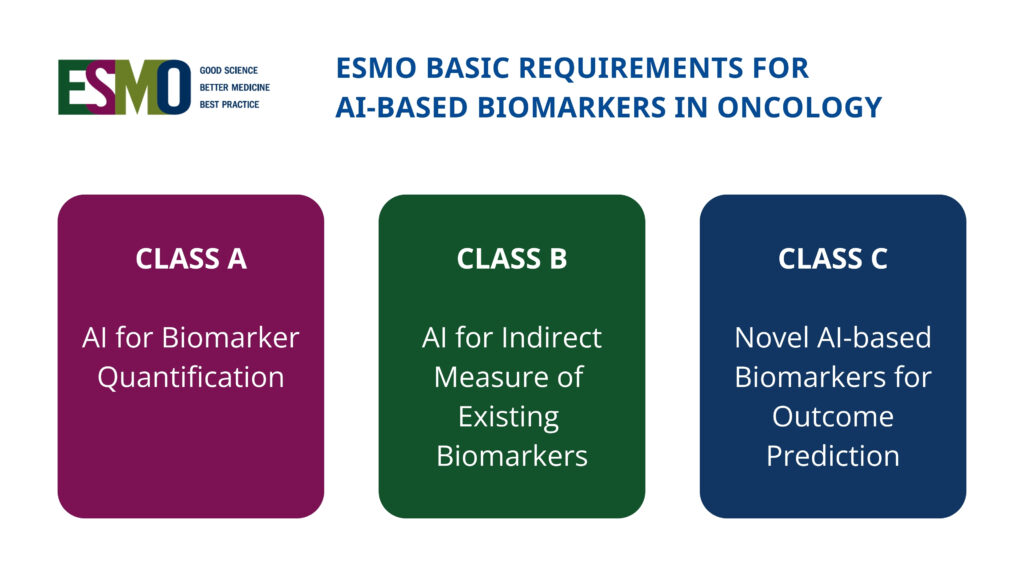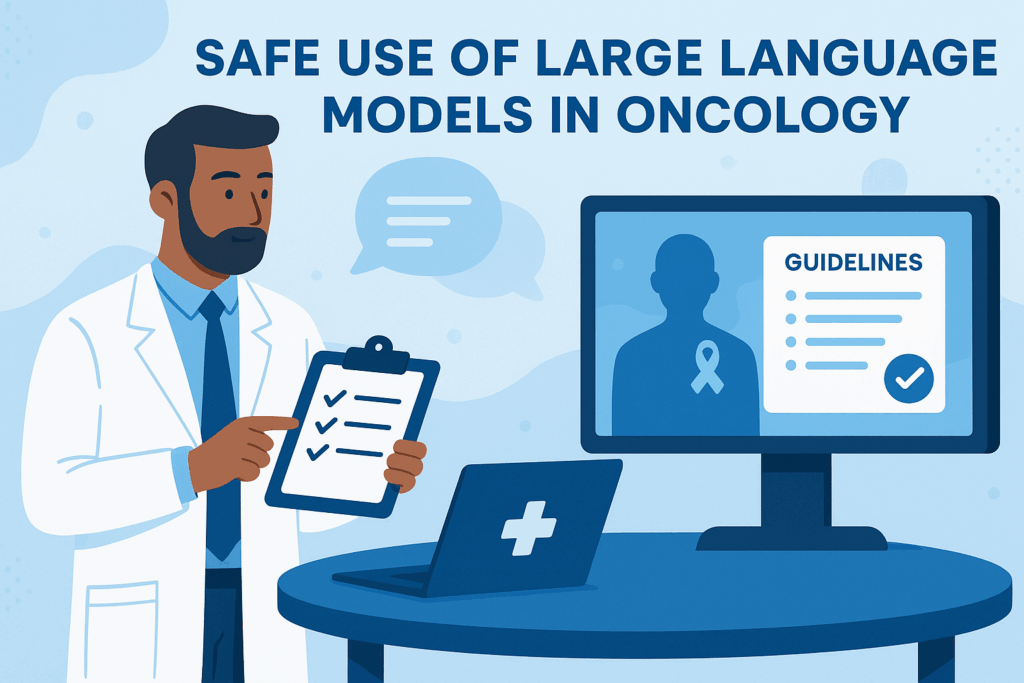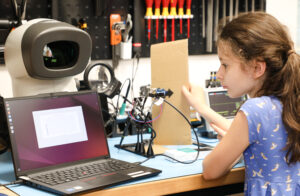Virtual companions, real responsibility
Femtech, Ethics and Innovation
From June 2 to June 6, 2025, the Else Kröner Fresenius Center (EKFZ) for Digital Health and the Health and Ageing Law Lab (HALL) at Vrije Universiteit Brussels organized and hosted a Summer School “Femtech Meets Law: Advancing Women’s Health Across All Ages Through Technology, Regulation, and Ethics”, to explore the evolving intersection of technology, legal frameworks, and ethical governance in women’s health.
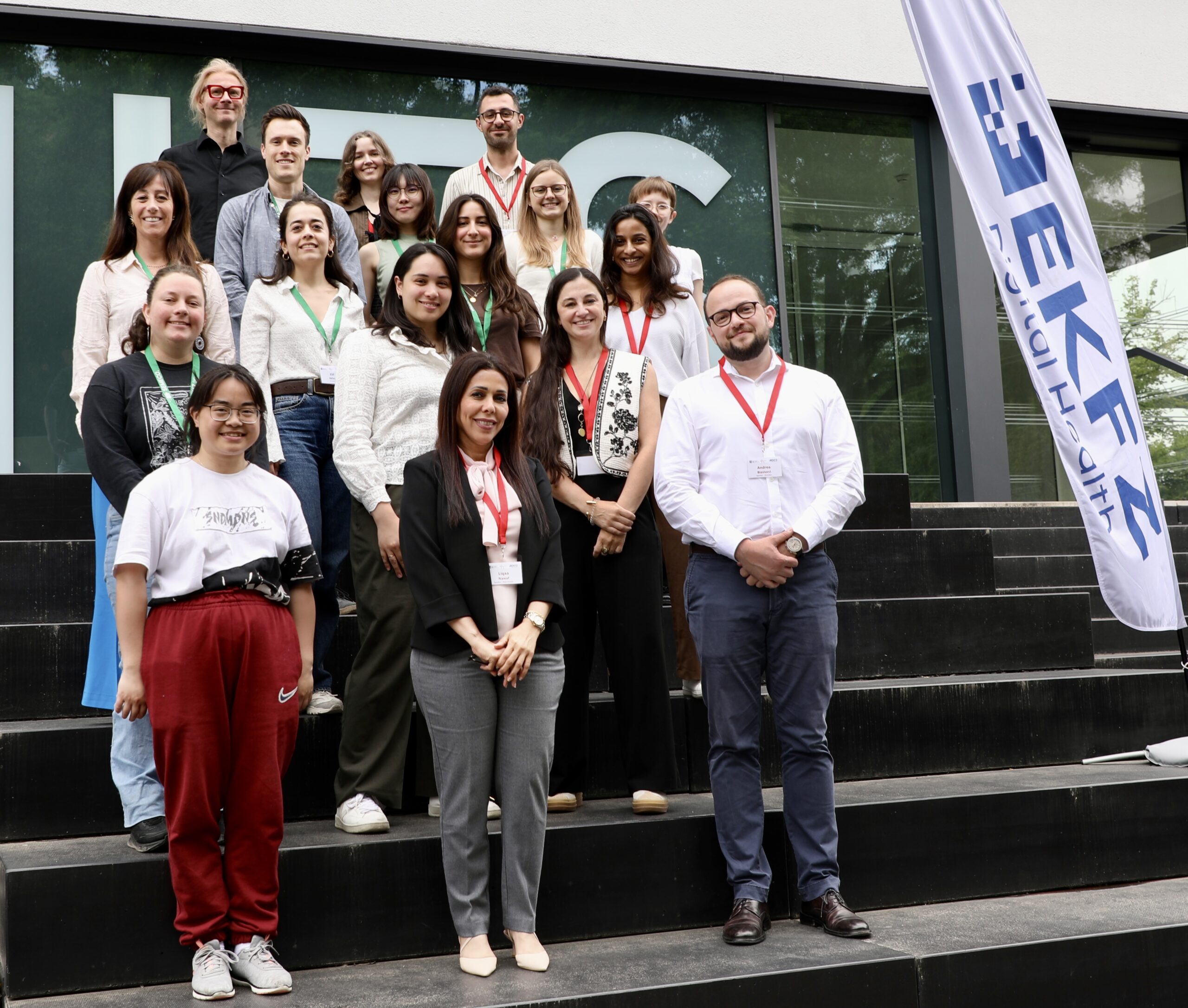
As global awareness of health disparities continues to grow, femtech—the intersection of technology and women’s health—has emerged as a vital frontier area of innovation. Despite representing half the population, women’s health remains chronically underfunded and underserved in medical research, product development, and digital healthcare solutions. Addressing issues from reproductive health to menopause, femtech holds immense promise not just for innovation, but for equity and systemic change. However, to truly realize this potential, the field must navigate complex ethical, legal, and regulatory landscapes.
A week of insight and impact
The program began with a keynote by Dr. Andrea Biasiucci, who challenged prevailing assumptions about the so-called innovation gap in menopause care — arguing that regulation can serve as an enabler rather than a barrier to progress.
Over the course of five days, participants engaged in expert-led lectures, interactive sessions, and case studies that addressed topics, such as:
- AI and Cybersecurity in Femtech (Dr. Liqaa Nawaf)
- Regulatory Pathways and Innovation Strategies (Dr. Vera Rödel, Karolina Magnusson)
- Digital Health and Global Justice (Dr. Christiane Hagel, Tigest Tamrat, Shada Al Salamah)
- Femtech Policy and Data Governance (Lauren Tonti, Cécile van der Heijden, Prof. Paul Quinn)
During a panel discussion about “The Pathologization of Ageing,” the experts examined how societal narratives and technological development shape women’s health experiences later in life.
Student engagement for the future of women’s health
Throughout the week, participants formed working groups to tackle real-world challenges in femtech, preparing and presenting final project assessments on the last day. Their presentations reflected a week’s worth of deep engagement with the ethical, regulatory, and design dimensions of femtech — with topics ranging from cross-border data access and equity in AI to entrepreneurial strategies for underserved health needs.
The 2025 HALL-EKFZ Summer School made clear: the future of femtech lies not just in technological innovation, but in the thoughtful integration of legal, ethical, and societal considerations. As women’s health gains overdue attention on the global stage, interdisciplinary efforts like this Summer School are essential to ensuring that solutions are equitable, inclusive, and sustainable.
We are grateful to all our speakers and participants, and especially to Rebecca Mathias, scientist at Prof. Stephen Gilberts research group and our partner the Health and Ageing Law Lab at Vrije Universiteit Brussels, for organizing an unforgettable experience that advances the dialogue on women’s health technology.
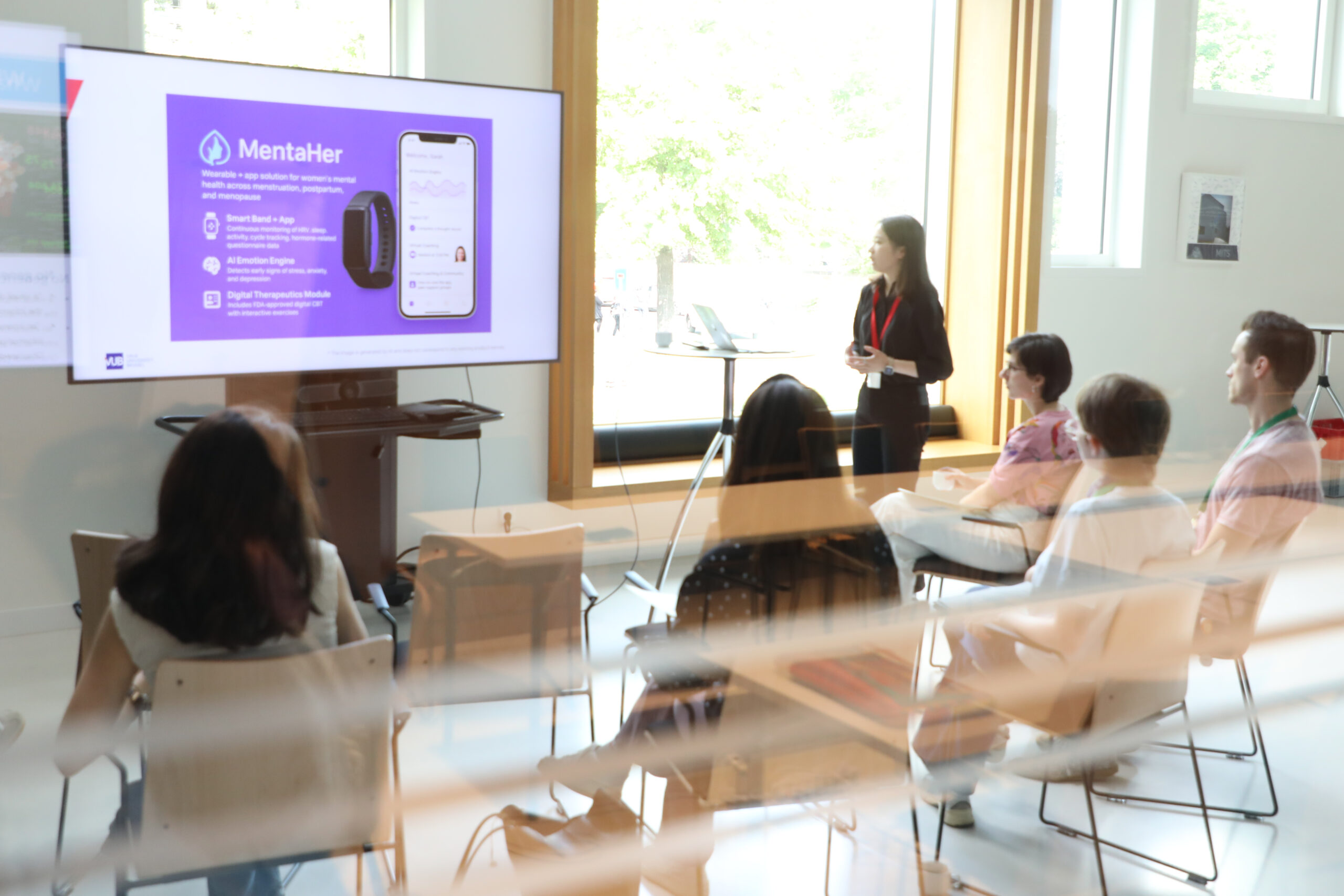
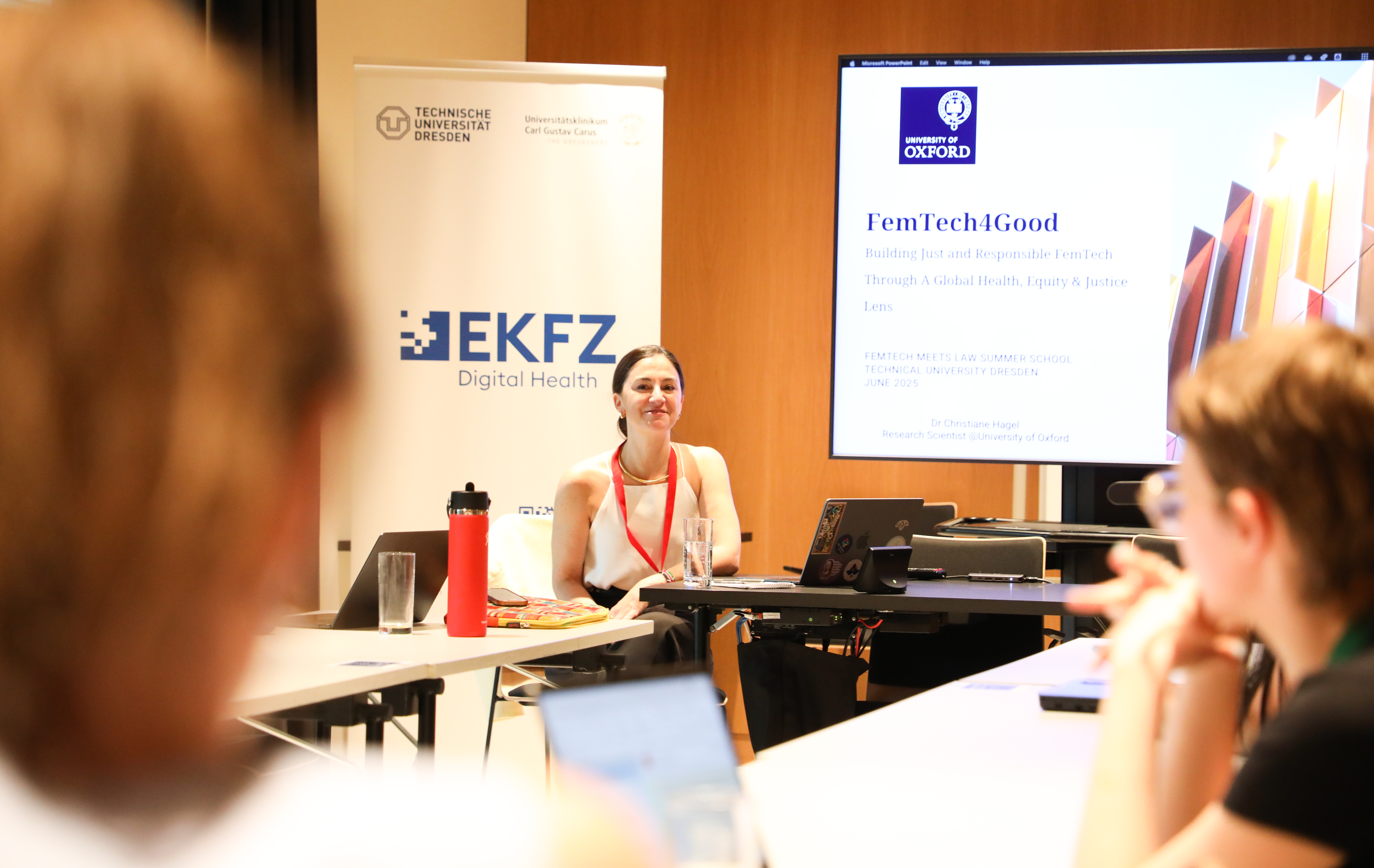

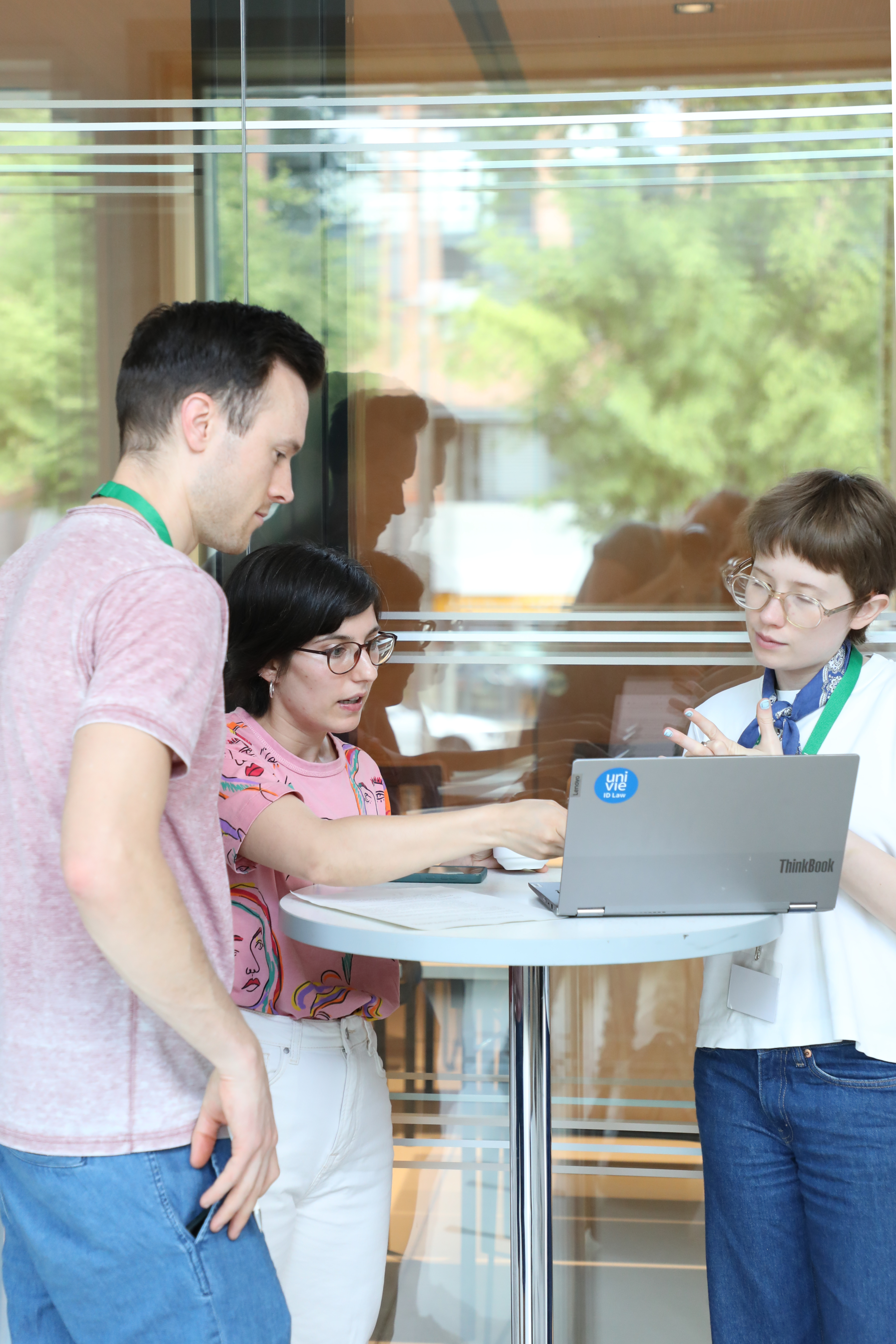
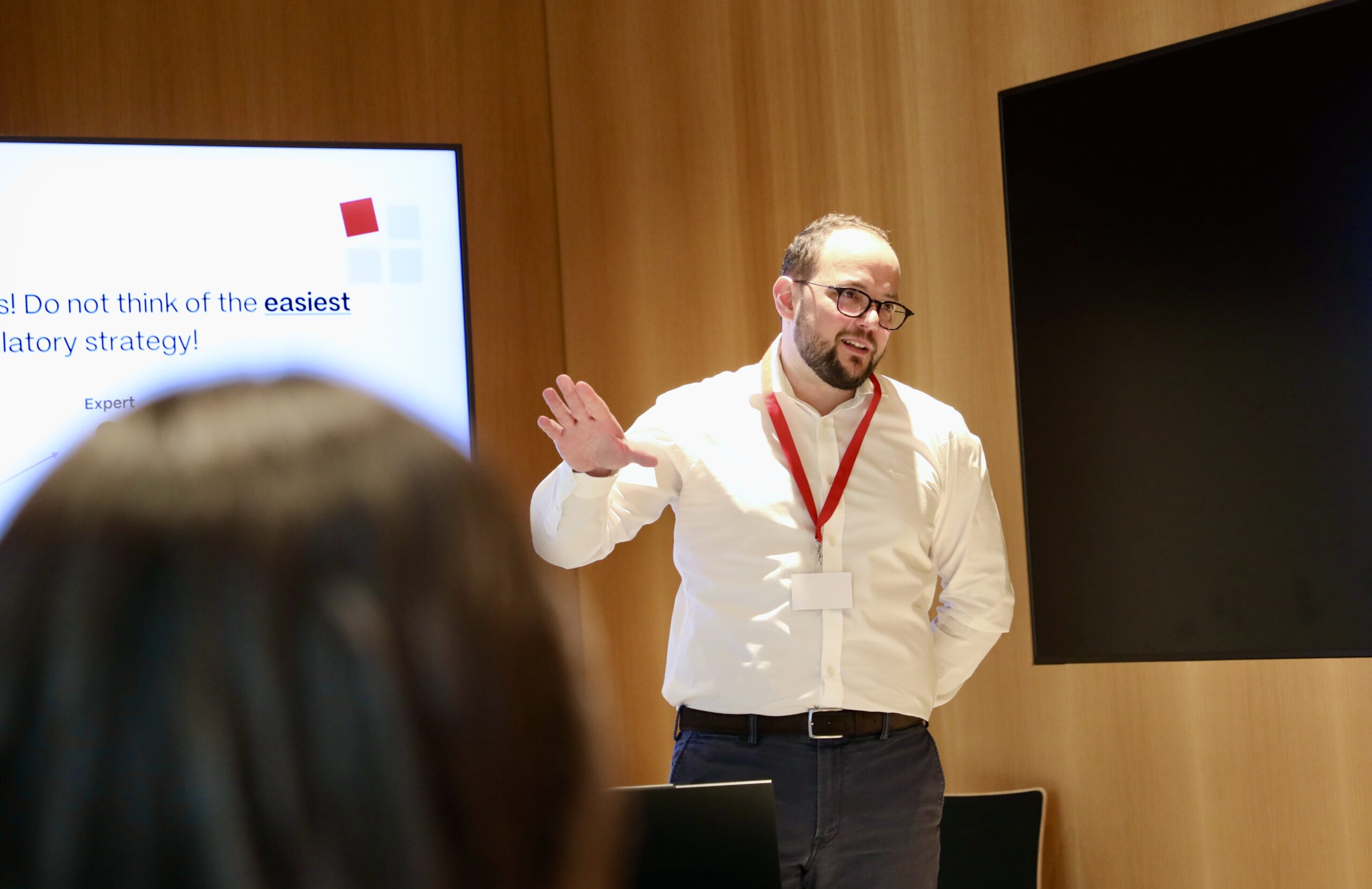
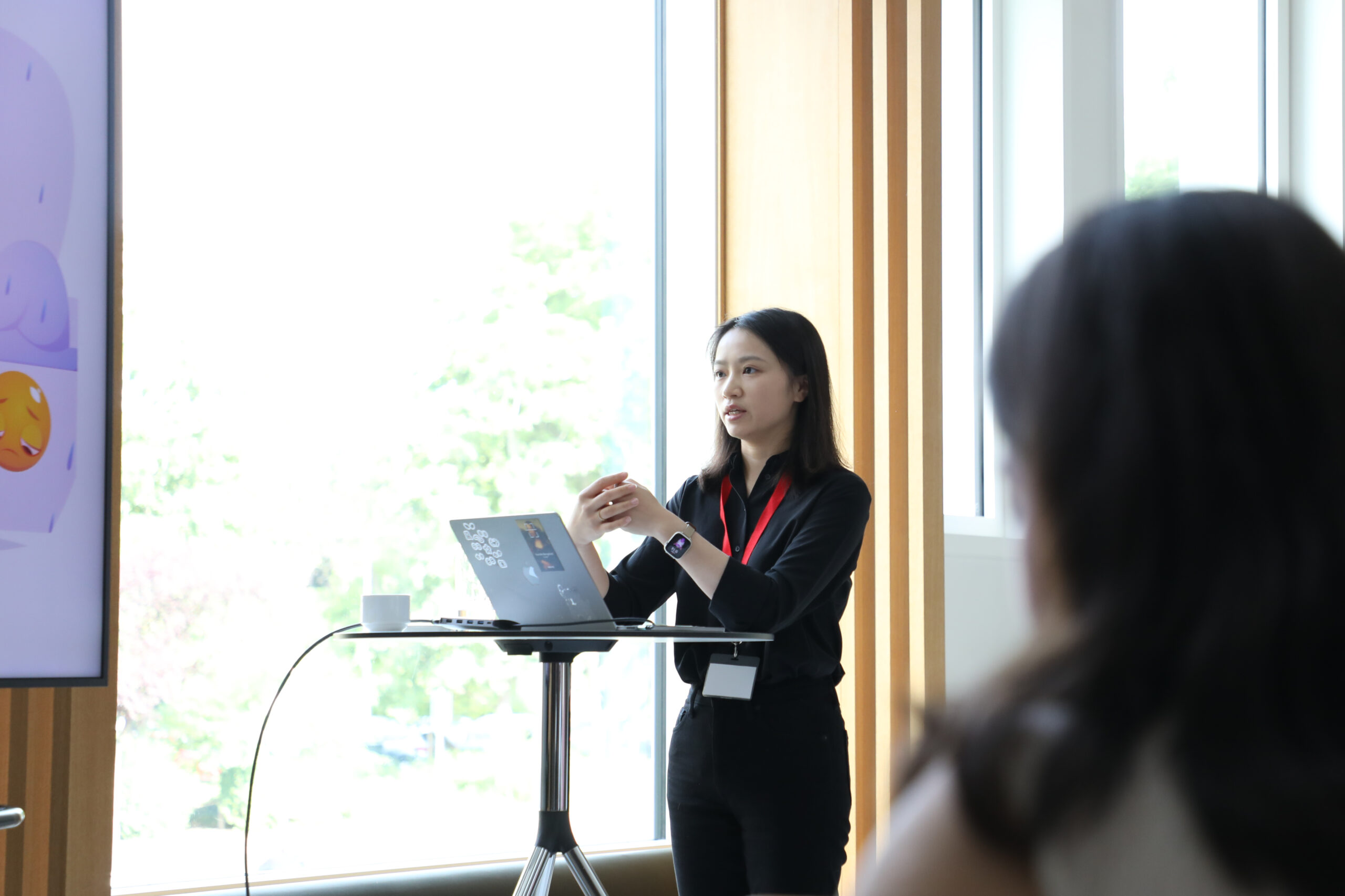
More News
New international framework defines standards for AI-based biomarkers in oncology (EBAI)
New ESMO Guidelines: Safe use of large language models in oncology



